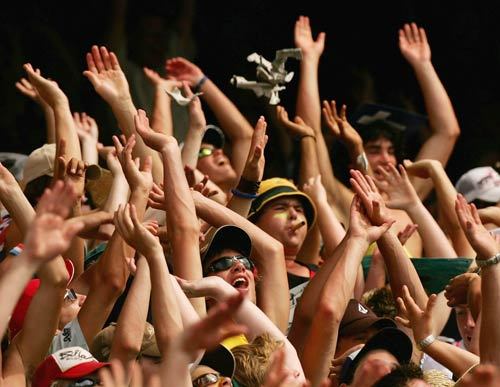I was in Turkey on July 6th 2005 when Sebastian (now Lord) Coe stood up to address the International Olympic Committee (IOC) in Singapore at the start of what was to culminate in the games of the 30th Olympiad just ended in London. His speech was never shown on Turkish TV and as the ghastly events of July 7th were about to unfold in London, and I was dodging a bomb in Kusadasi at the same time, I missed it.
Seb Coe’s story, described by many as one of the truly great presentations given to the IOC is worth revisting now that London 2012 is a very vivid, fresh and warm memory.
I am indebted to Nick Davies who reminded me (and the audience at KMUK 12 back in June) of Seb’s words. Here’s an extract to give you a flavour:
When I was 12 ..I was marched into a large school hall with my classmates.
We sat in front of an ancient, black and white TV and watched grainy pictures from the Mexico Olympic Games.
Two athletes from our home town were competing. John Sherwood won a bronze medal in the 400m hurdles. His wife Sheila just narrowly missed gold in the long jump.
That day a window to a new world opened for me.
By the time I was back in my classroom, I knew what I wanted to do and what I wanted to be.
The following week I stood in line for hours at my local track just to catch a glimpse of the medals the Sherwoods had brought home.
It didn’t stop there. Two days later I joined their club.
Two years later Sheila gave me my first pair of racing spikes. 35 years on, I stand before you with those memories still fresh. Still inspired by this great Movement.
The value of using images and stories as a presentational technique in business and especially knowledge management which often struggles with measurement and convincing sponsors of its relevance should not be underestimated. The ability to inspire future generations by drawing on and bringing to life the experiences of others is at the heart of what is increasingly described as knowledge retention.
Let me know if this strikes a chord with you.

